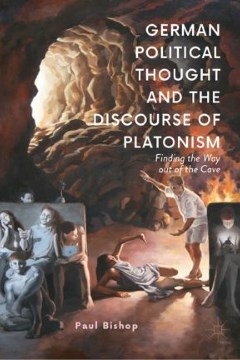Repository | Book | Chapter

(2019) German political thought and the discourse of Platonism, Basingstoke, Palgrave Macmillan.
Raphael's painting The School of Athens illustrates in an iconic way the difference in emphasis between the founder of the Academy, Plato, and its most famous pupil, Aristotle. While Plato and Aristotle share a good deal in terms of outlook, their difference of approach is crucial: while Plato begins with the first-order questions (what is justice? what is the Good?), Aristotle begins with what is actually happening on the ground, and builds up his system from there: his method is analytic and genetic. Aristotle discerns six different forms of government, three of which he regards as positive (kingship, aristocracy, constitutional government), three as negative (tyranny, oligarchy, democracy). These six different forms are judged in relation to their performance in delivering the telos of politics, that is, the good life.
Publication details
DOI: 10.1007/978-3-030-04510-4_3
Full citation:
Bishop, P. (2019). Aristotle and the empirical approach, in German political thought and the discourse of Platonism, Basingstoke, Palgrave Macmillan, pp. 61-92.
This document is unfortunately not available for download at the moment.



